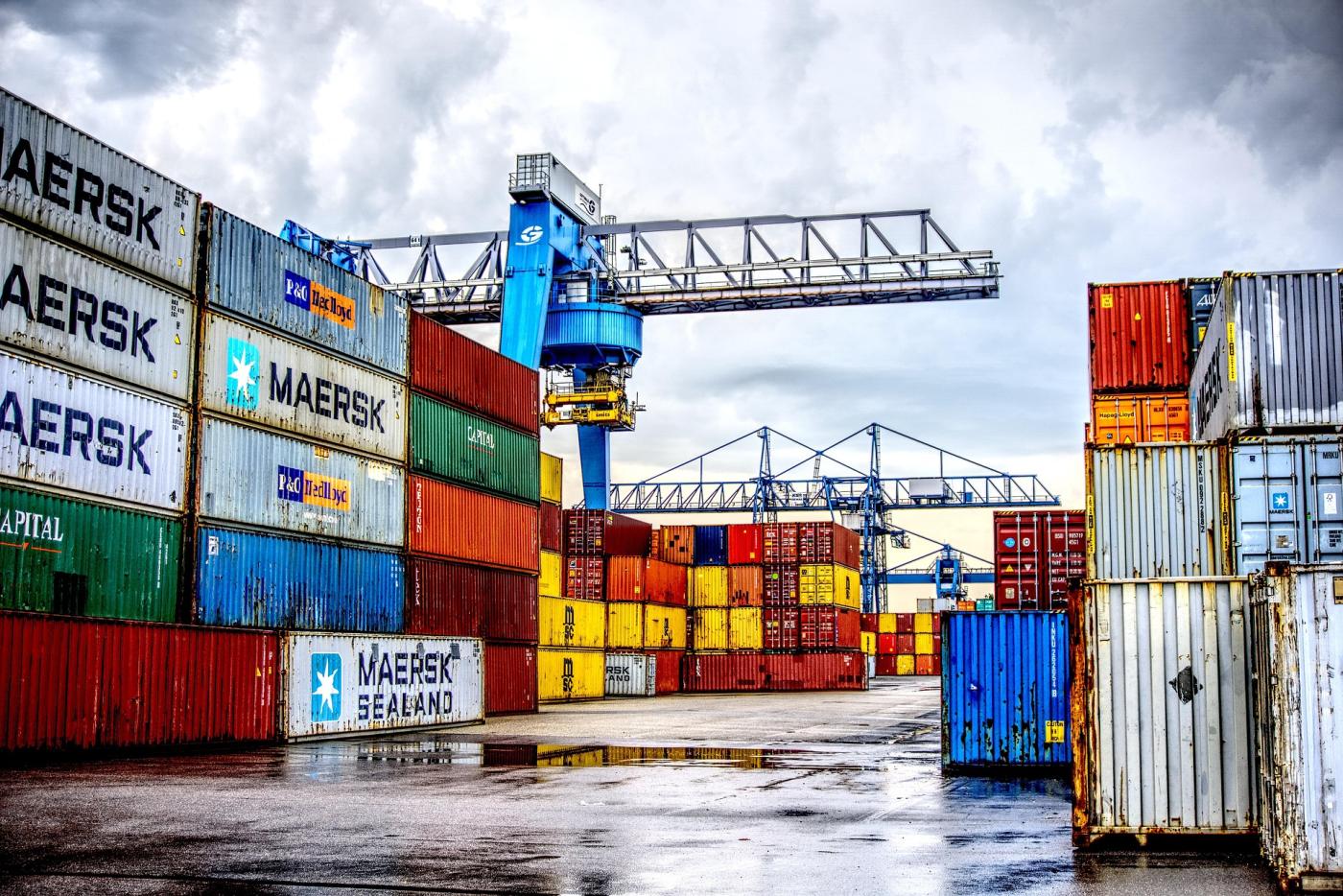New master’s degree aims to shape future leaders of port and maritime logistics
The University of Gdańsk has officially launched a groundbreaking international study programme – the Joint Master in Port Management and Logistics (MIPMAL). Designed for aspiring professionals and future leaders in port operations and maritime logistics, the programme responds to the growing demand for highly skilled specialists in an industry undergoing rapid digital and environmental transformation.
education logistics pomerania ports tricity news31 may 2025 | 13:34 | Source: Gazeta Morska | Prepared by: Kamil Kusier | Print

fot. Pixabay
Developed in close partnership with key European ports – including Port of Gdańsk, Poland’s largest and most strategically significant maritime hub – MIPMAL combines academic excellence with real-world business insight. The curriculum is built on input from practitioners and aims to meet the evolving needs of the global maritime logistics market.
- Ports are gateways to national economies. Around 90% of global trade is carried by sea, which means most of what we use daily arrives through ports – including Port of Gdańsk, explains Dorota Pyć, CEO of the Port of Gdańsk Authority. - Our ambition is to become a sustainable port within the blue and green economy. This requires investments in energy hubs, storage, digital solutions – and most importantly – young, well-educated people who will help lead this transformation.
MIPMAL: Built by and for the Port Industry
What sets MIPMAL apart is its strong integration of academic learning with industry-based training. Lectures and workshops will be led not only by university professors but also by port authorities, logistics experts and professionals from international maritime companies. Students will benefit from exclusive networking opportunities and hands-on experience in real-world settings.
The entire programme is conducted in English and targets individuals ready to think strategically, embrace complexity, and actively shape the future of the maritime transport ecosystem.
Each of the four semesters is structured around a different thematic block:
- Port operations,
- Port economy and logistics,
- Port law and digitalisation,
- Applied research or internship project.
In their final semester, students can opt for either an academic track (research-focused) or a practical business pathway, involving an extended internship and a thesis based on solving a specific problem provided by an industry partner.
- We wanted to offer flexibility that reflects real industry dynamics, says Dr hab. Przemysław Borkowski, academic coordinator of MIPMAL at the University of Gdańsk. - Whether students choose the academic or business path, the goal is to equip them with the tools to deliver value in port operations and maritime supply chains.
An international learning experience
Mobility is at the core of MIPMAL. The University of Gdańsk is part of SEA-EU, a European university alliance of coastal institutions. Students will study across multiple campuses – starting at the University of Cádiz (Spain), continuing to Gdańsk (Poland), and spending the final semester either at a partner university or in an industry placement, depending on their thesis choice.
Graduates will be equipped to pursue a wide range of roles, including:
- Port Operations Manager
- Maritime Logistics Coordinator
- Supply Chain Analyst
- Port Development Planner
- Environmental Compliance Officer
- Business Development Specialist in Port Authorities
With the first intake starting in 2025 and admissions already open (since May 15), MIPMAL is set to become a key talent pipeline for Europe’s port and maritime logistics sectors – combining education, innovation, and global industry needs into one ambitious programme.
Buy us a coffee, and we’ll invest in great maritime journalism! Support Gazeta Morska and help us sail forward – click here!
Kamil Kusier
redaktor naczelny
comments
Add the first comment
see also
Gdynia honors top athletes of 2025 and century-old sports legends
Polish Naval Academy students advance unmanned maritime systems
Historic refit of Dar Młodzieży carried out in Szczecin by Net Marine Group
Kuyavian-Pomeranian Sailing School to Launch with €3.5 Million Training Vessel
Real-life maritime survival techniques demonstrated at Gdynia Maritime University
Polish Naval Academy cadets secure podium finish at Admiral’s Cup 2025
A shared course towards the sea: KPH Group and the Polish Naval Academy join forces in education and maritime media
Cadet Day: tradition, heritage and the professional formation of future naval officers
Ambassador of Angola visits Gdynia Maritime University
Shipbuilding industry is awesome. Marcin Ryngwelski on compressed air and starting the main engine
ADVERTISEMENT
ADVERTISEMENT